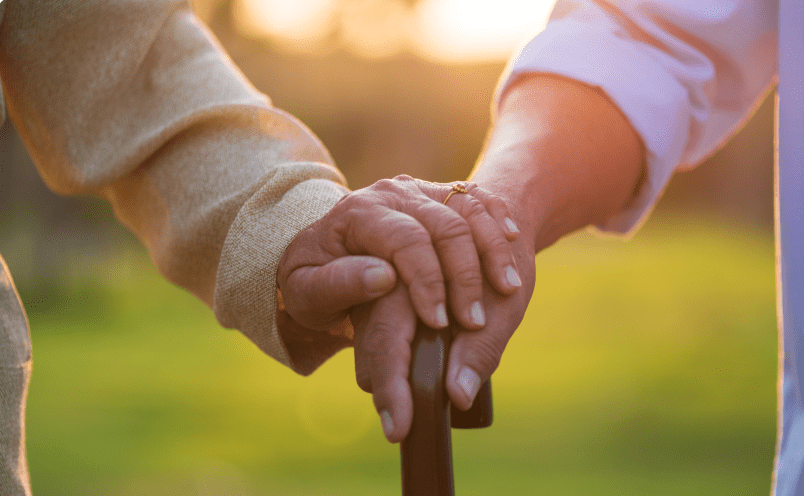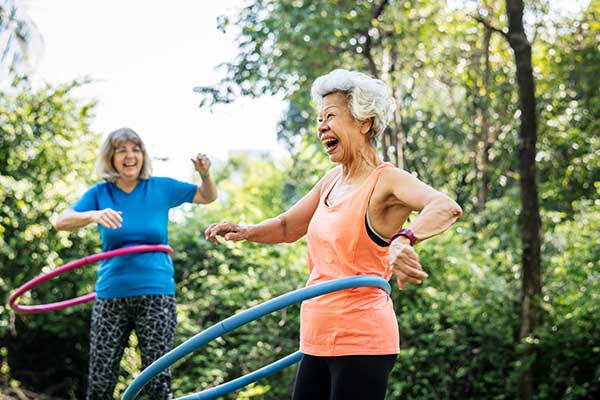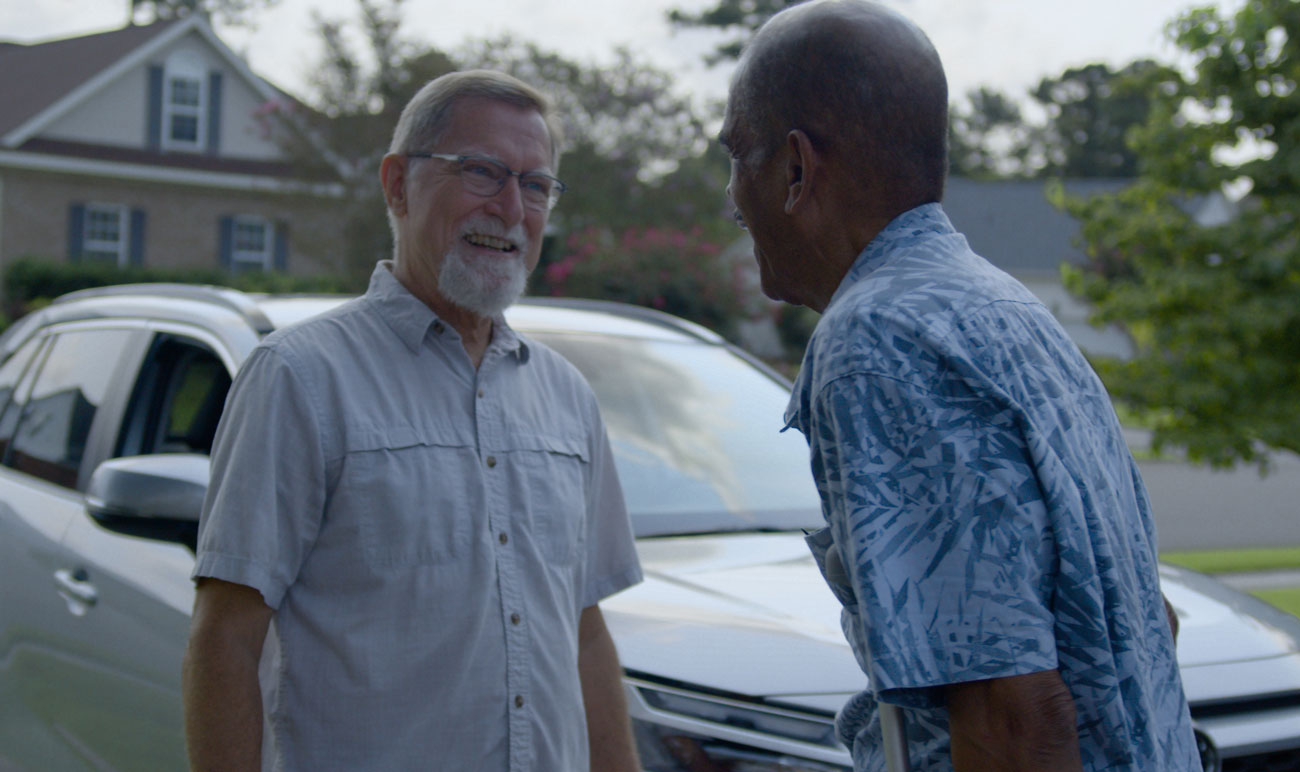Celebrated each April, National Occupational Therapy Month recognizes the valuable contributions of this specialized form of healthcare. While Seniors Helping Seniors® in-home care services provide daily support for those we serve, occupational therapy is another...
The post The Transformative Benefits of In-Home Occupational Therapy for Seniors appeared first on Seniors Helping Seniors.











